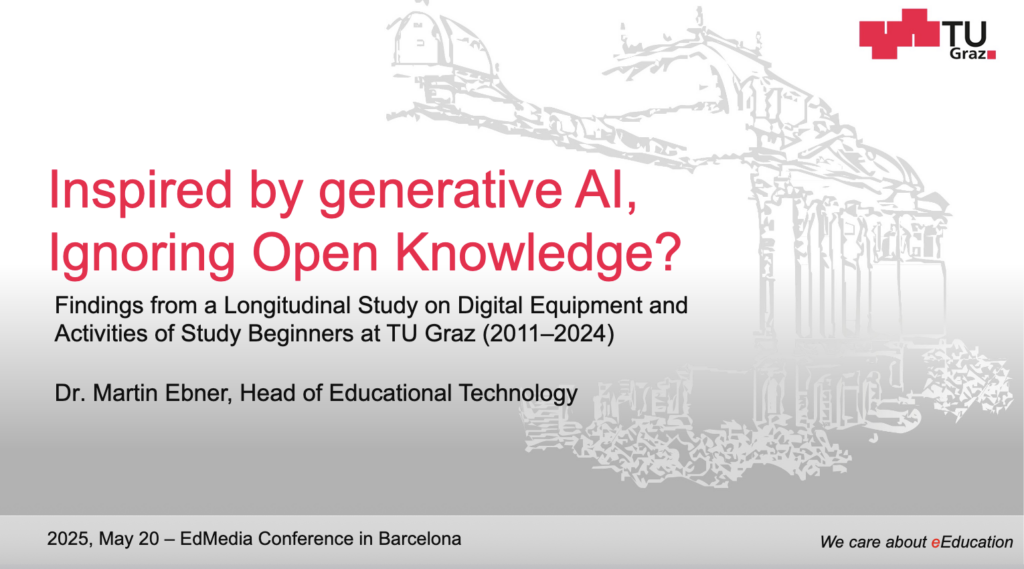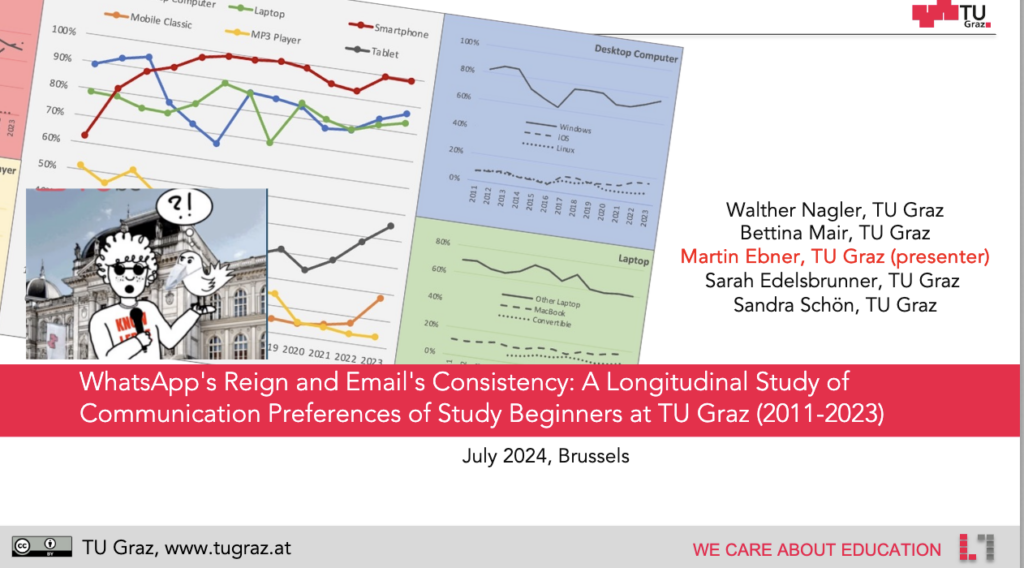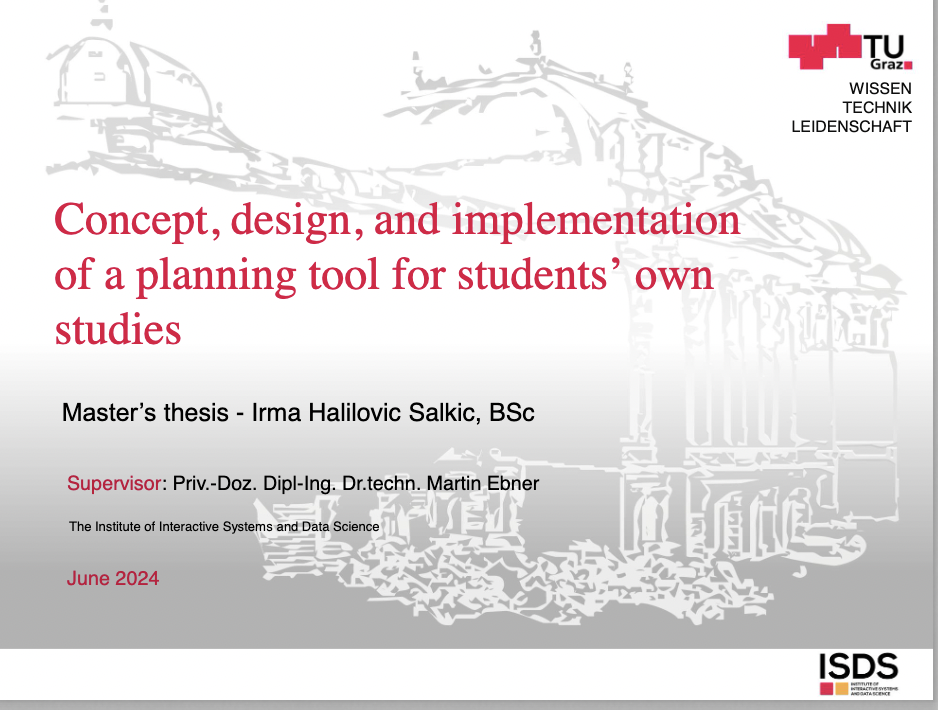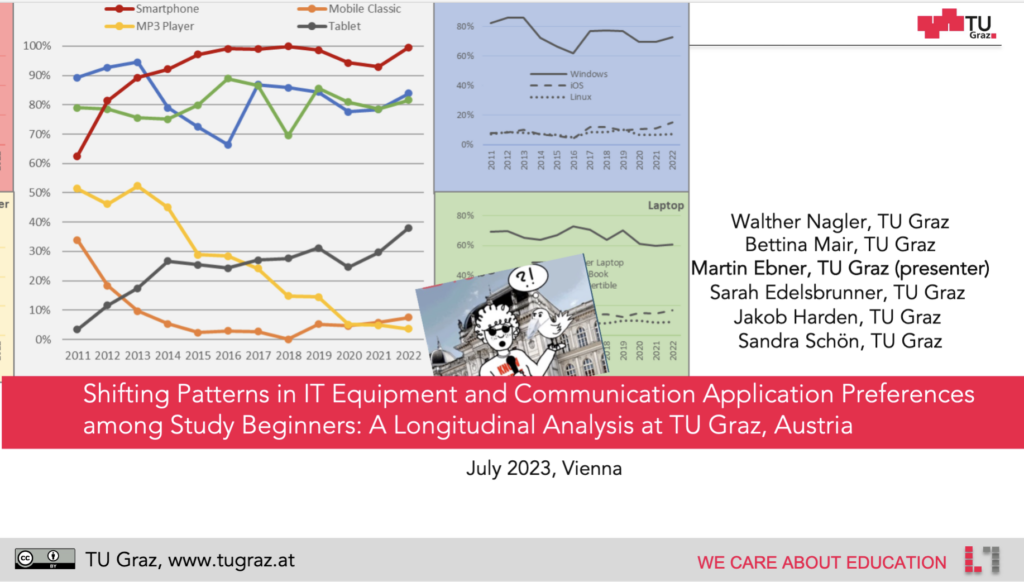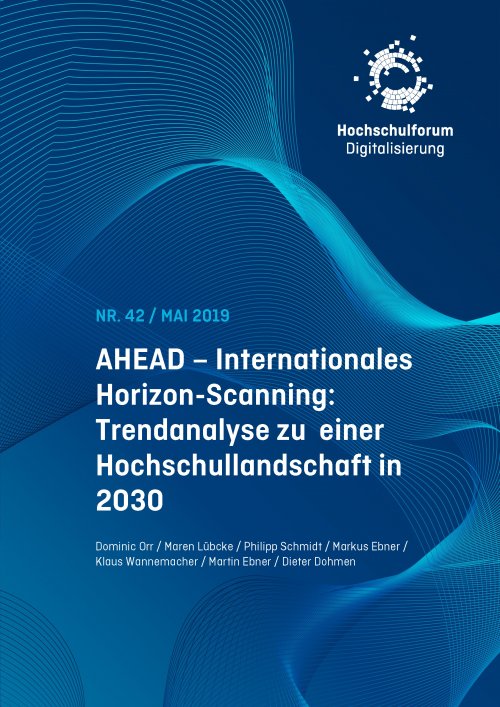Es freut uns sehr, dass wir an der TU Graz nun auch eine Online-Studienwahl-Tool anbieten können. Die Idee ist simpel: Wir würden gerne alle Interessierten, die vielleicht die Idee haben an der TU Graz zu studieren, die Möglichkeit geben, sich zu informieren und zu sehen welches Studium wirklich passt.
Der Prozess dazu war nicht einfach, aber alle Studiendekan:innen haben mitgeholfen und zusammen mit der jeweiligen Fakultät erarbeitet, was das eigene Studium für Anforderungen hat – nicht nur inhaltliche, sondern eben auch andere. Also ob vielleicht viel Ausdauer, Geduld, Genauigkeit etc. erforderlich ist. Aber was erzähl ich, schaut bitte einfach rein und vielleicht findet ihr das passende Studium für euch. Und natürlich würde ich mich sehr freuen, wenn es am Ende das Lehramt für Informatik und Digitale Grundbildung ist.
[Link zum StudyExplorer der TU Graz]


